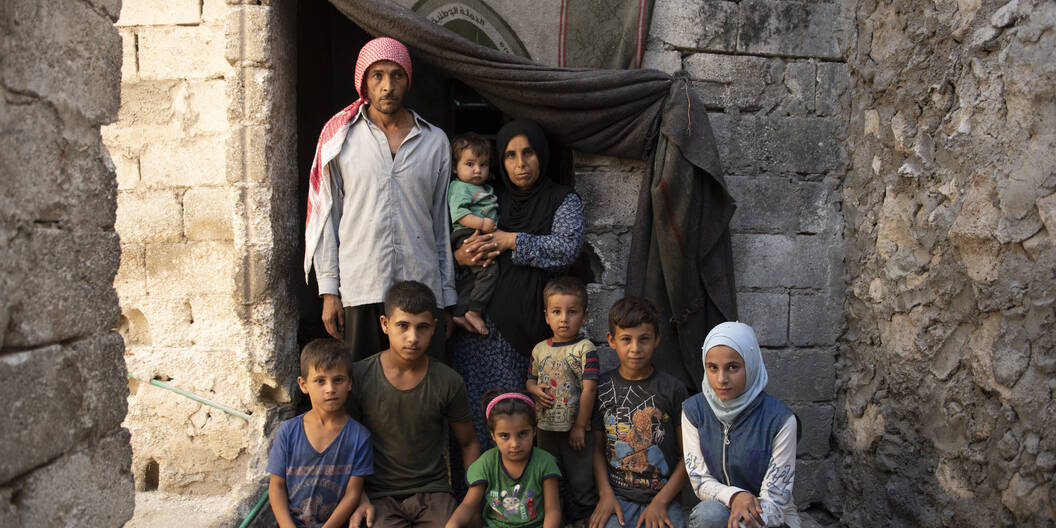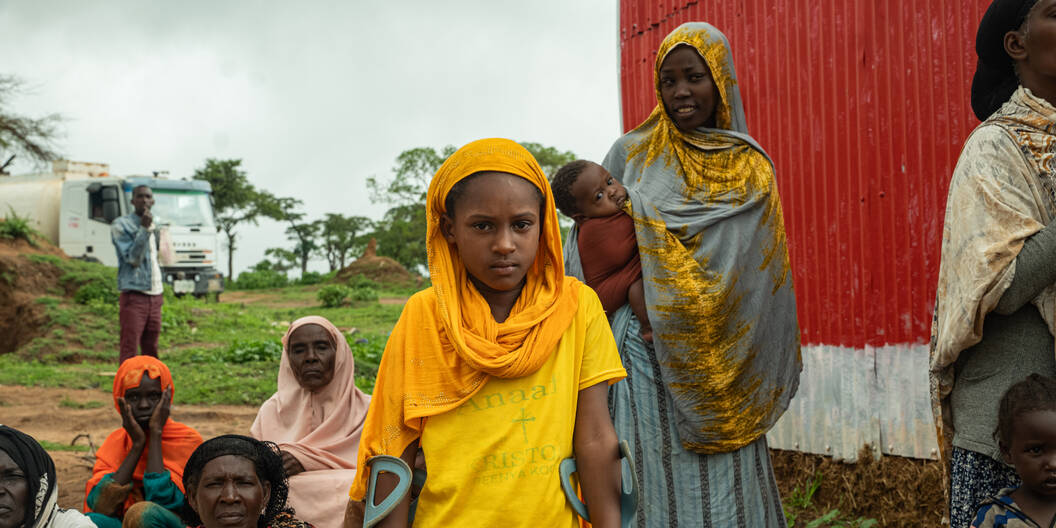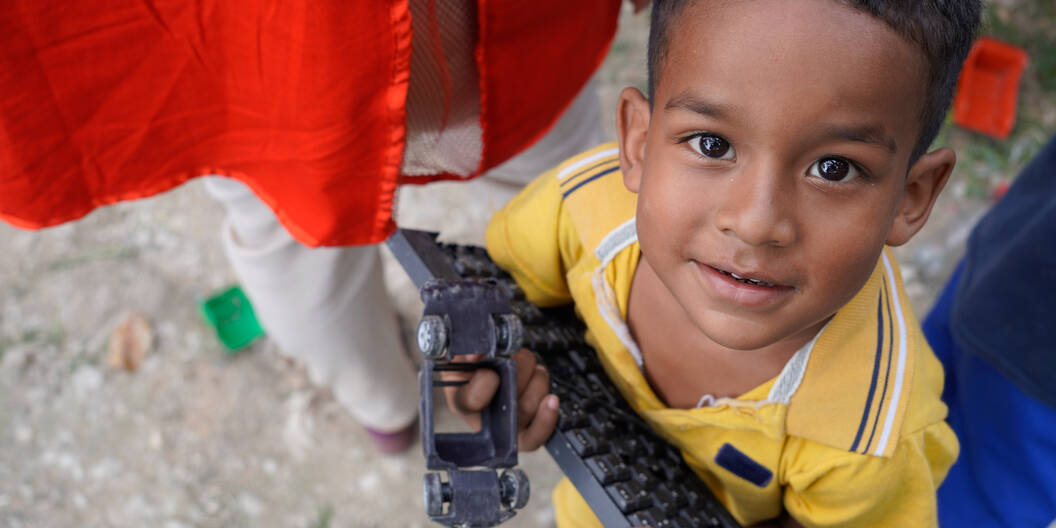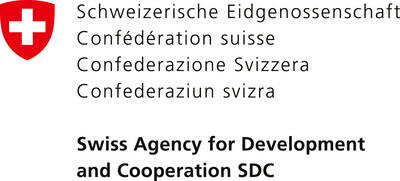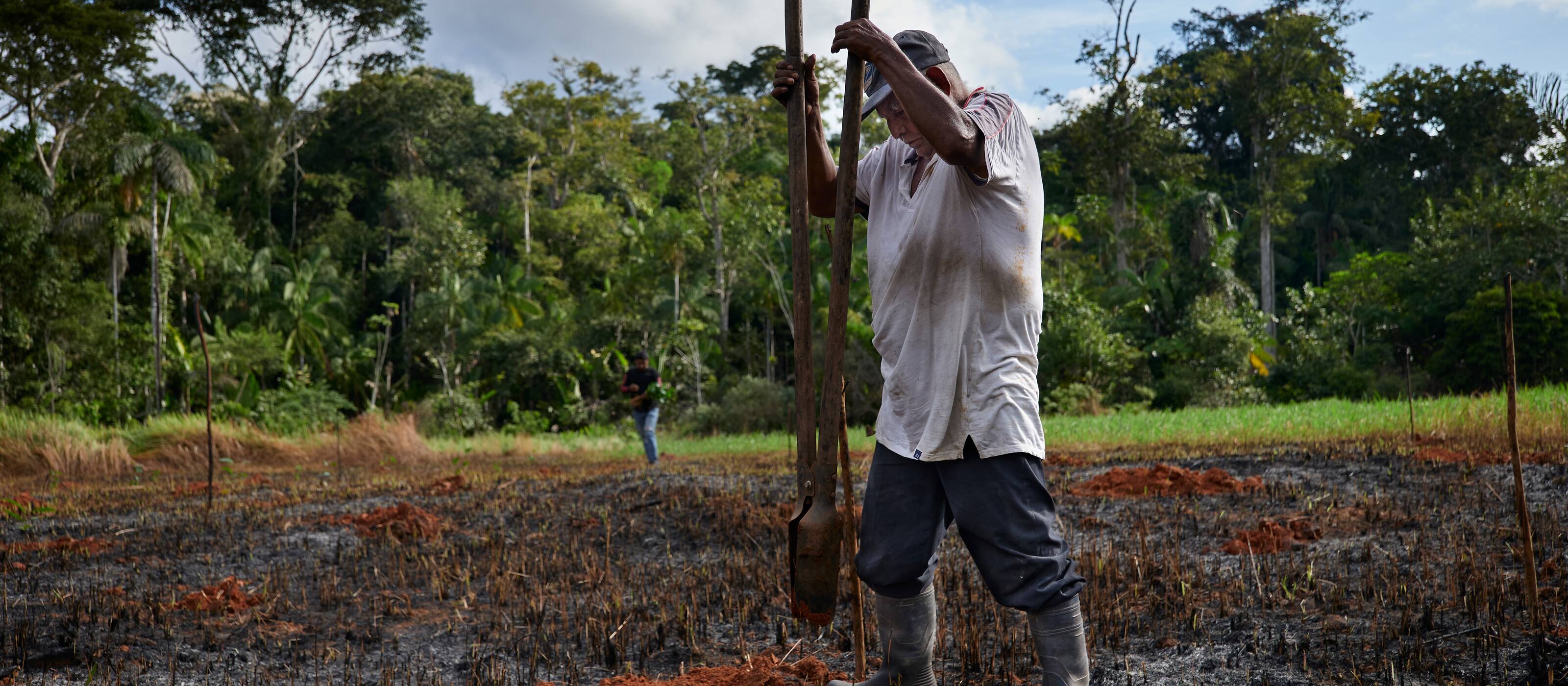

Amazonas Resiliente - Protecting the rainforestfinished
Climate change and slash-and-burn clearances threaten the Amazon rainforest in Bolivia – and thus the livelihood of the local population. Because people depend on an intact rainforest to make a sustainable living in the long term. Caritas shows small farmer families how, by using agroforestry instead of slash-and-burn, they can generate sufficient yields on the existing arable land and at the same time protect the forest.
Overview
Climate
1'801'136 Swiss francs
01.02.2022 - 31.01.2025
Department Pando: Municipalities of San Lorenzo, Filadelfia, Porvenir, Gonzalo Moreno, Santa Rosa, Sena, Puerto Rico, Maruripi Wildlife Reserve. Department Beni: Riberalta
4'504 people, indigenous population, small farmers; 50 members local governments, university
p220016
Project in detail
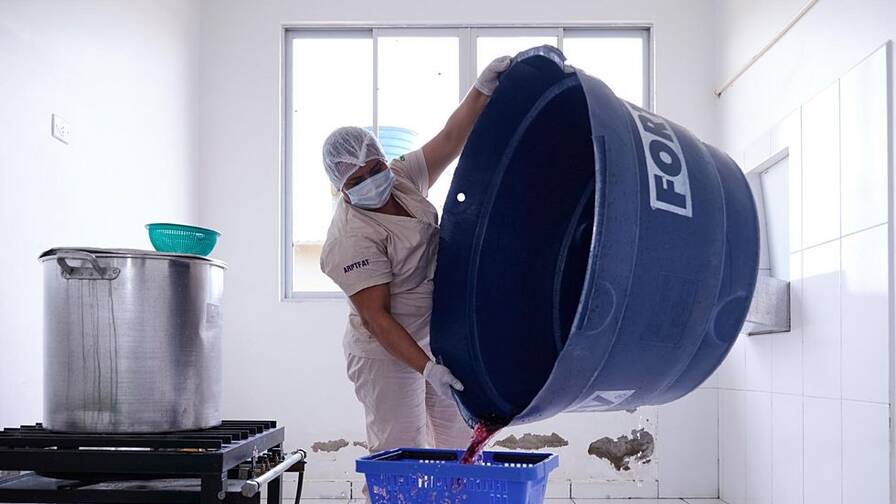
Further projects Commitment to a world without poverty
This project is financed by:
- SDC
Header image: Amazonas Resiliente, 2022 © Fabian Biasio
